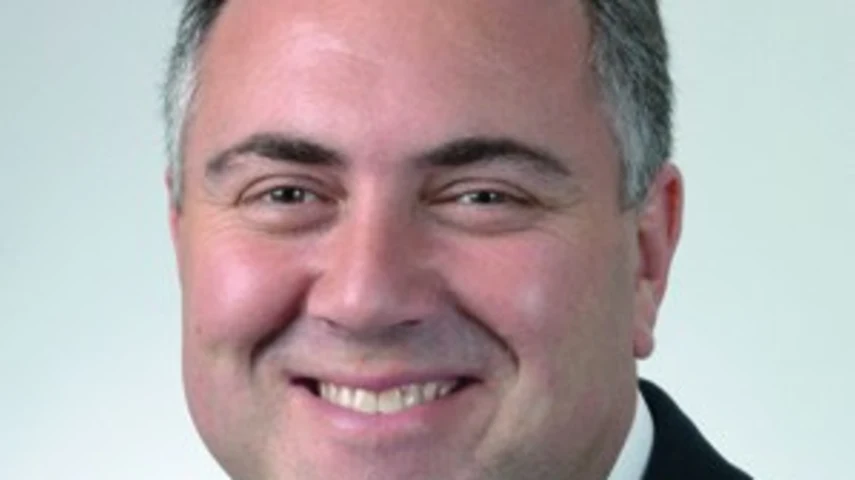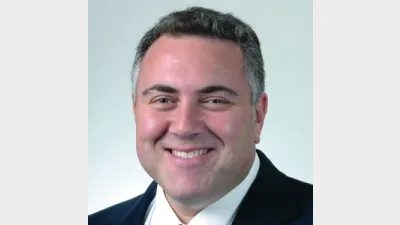Keeping politics out of financial services



Despite the Parliament having risen for the winter recess, and probably for the last time before a Federal election, it will nonetheless be difficult to keep politics out of the financial services arena.
A Parliamentary Committee has been tasked with reviewing the role and workings of the Australian Securities and Investments Commission (ASIC) with respect to how it handled the 2011 enforceable undertaking imposed on Commonwealth Financial Planning (CFP) – and its terms of reference will mean it digs much deeper.
Among the issues acknowledged as likely to be also examined by the Parliamentary Committee are ASIC’s performance with respect to Trio/Astarra and Storm Financial.
As well, it will likely be asked to explain why, when resources are so tight, it found time to dabble in the performance and running of an independent body only linked to it for budgetary convenience, the Superannuation Complaints Tribunal.
What the Parliamentary Committee will probably not examine, though it possibly should, is the reality that those at the very apex of the financial services regulators are political appointees – the chairmen of both ASIC and the Australian Prudential Regulation Authority (APRA) fill their positions as a result of decisions taken by the Treasurer, albeit that there is probably reference to the broader Cabinet.
Thus, while Chris Bowen is now the Treasurer and Joe Hockey may be the next Treasurer, the current chairmen of ASIC and APRA were the choice of now Labor backbencher, Wayne Swan.
This is not unusual, but the political nature of appointments means that there will always be questions about the underlying motivations behind particular decisions and actions on the part of the regulators – not least APRA’s interpretation of the sole purpose test when it came to industry funds advertising, or ASIC’s most recent legal appeal with respect to the equity of a Federal Court decision on Storm Financial compensation.
There would be far fewer questions about underlying motivations if, rather than political appointees, those running the regulators were career public servants who owed no particular loyalty to either side of politics.
And in truth, the current chairmen of APRA and ASIC bring no particular regulatory expertise to their roles: APRA’s chairman John Laker is an economist with a public service background, while ASIC’s Greg Medcraft has an accounting background and made his career as an investment banker, notably working in the pre-GFC structured products area in the US.
A further area of contention the Parliamentary Committee might care to examine is the current Government’s treatment of both ASIC and APRA as stakeholders in the policy debate. Arguably, they are not. They are regulatory arms of Government and it is inappropriate to allow them to influence the writing of the rules they administer.
The Parliamentary Committee will probably not traverse these issues, but it should.
Recommended for you
In this episode of Relative Return Insider, host Keith Ford and AMP chief economist Shane Oliver unpack the RBA’s decision to keep the cash rate on hold in the face of rising inflation and whether the governor’s hawkish tone is a sign of things to come.
In this episode of Relative Return Insider, host Keith Ford and AMP chief economist Shane Oliver discuss the September quarter GDP figures, which show Australia’s economy regaining momentum.
In this new episode of The Manager Mix, host Laura Dew speaks to Haley Devine, head of wealth management at MaxCap Group, to delve into private credit and commercial real estate.
In this new episode of The Manager Mix, host Laura Dew speaks to Benjamin Leung, head of systematic investments at Macquarie Asset Management, to understand the use of systematic investments.







